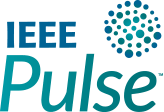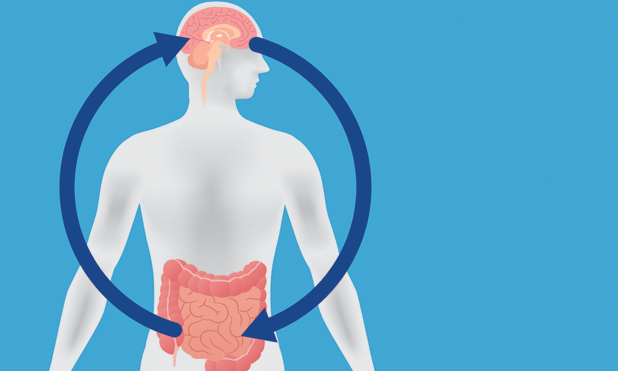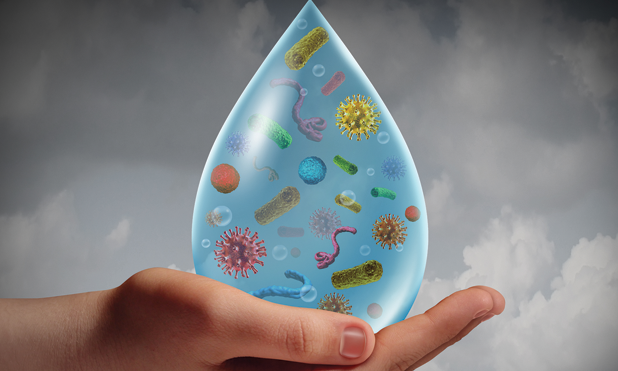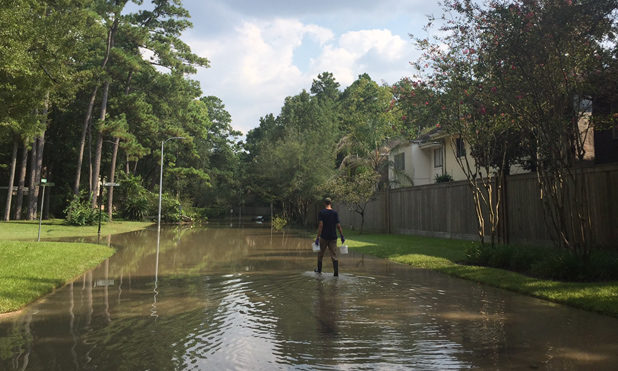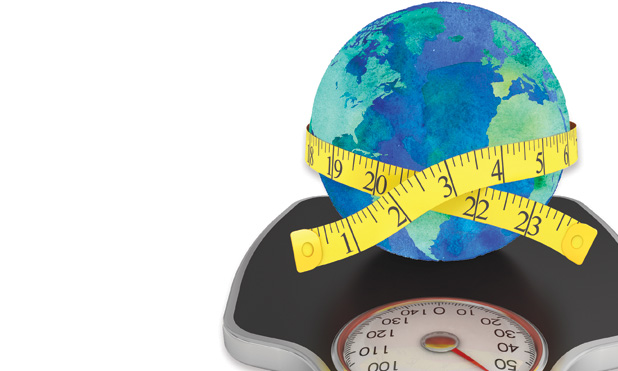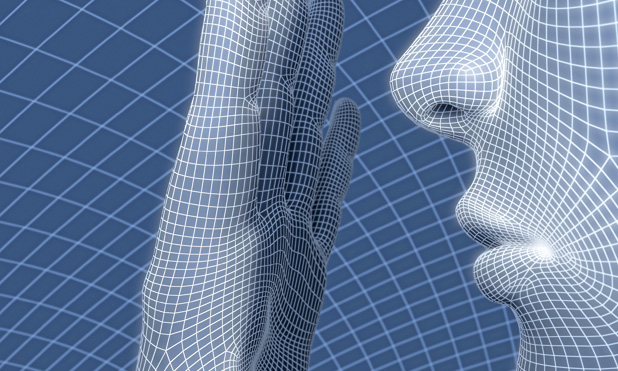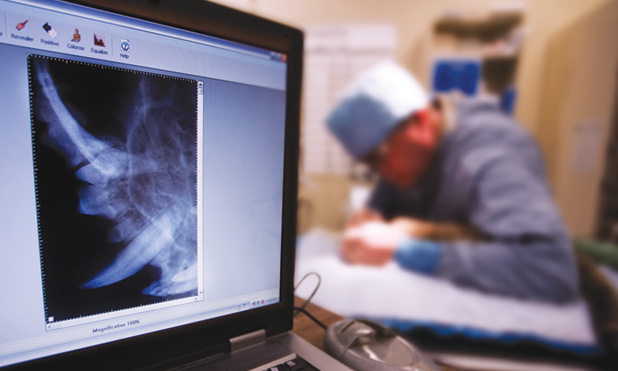Richard Ries The opioid epidemic is dominating news headlines and inspiring greater calls for political action in the United States. While opioid addiction isn’t a new issue, its devastating consequences…
read moreThe human gut is home to an abundant and diverse community of microbes—each of us carries roughly 100 trillion, representing more than 1,000 different species. The composition of one’s gut…
read moreWater on Earth—in our oceans, rivers, lakes, and wetlands—might seem plentiful, but water that is clean and safe enough to drink actually isn’t so abundant. Nearly one in ten people…
read moreAbove, Figure 1: 2. Seth Pedersen, a graduate student from Rice University, wades into a flooded street to collect water samples after Hurricane Harvey flooded Houston, TX. Photo Credit: Ya He.…
read moreWorldwide, at least one in 100 people has autism spectrum disorder (ASD). In the United States, the Centers for Disease Control and Prevention put the number at one in 68…
read moreIf obesity were tied only to too much food or too little physical activity, the cure would be a simple matter of counting calories or keeping track of steps with…
read moreNearly two decades ago, Hossam Haick was working on a Ph.D. degree in chemical engineering at the Technion Israel Institute of Technology when terrible news hit: his friend and officemate…
read moreSome babies are born with a rare condition known as esophageal atresia, in which part of the connection between the throat and stomach is missing or nonfunctional. While this was…
read moreDogs have bad breath. But when Montana sheep rancher Katy Harjes noticed her collie, Hoshi, had particularly bad breath and facial swelling, she was concerned that the symptoms might be…
read more
